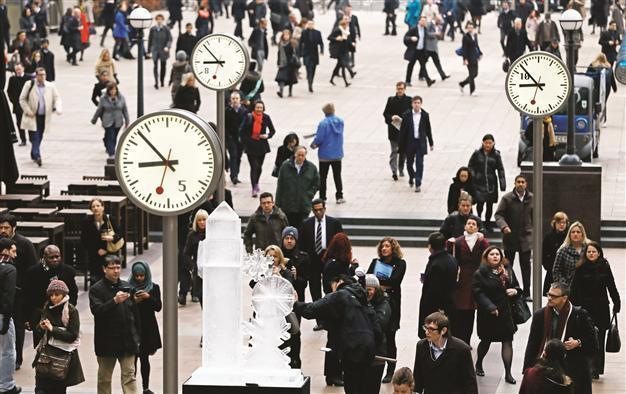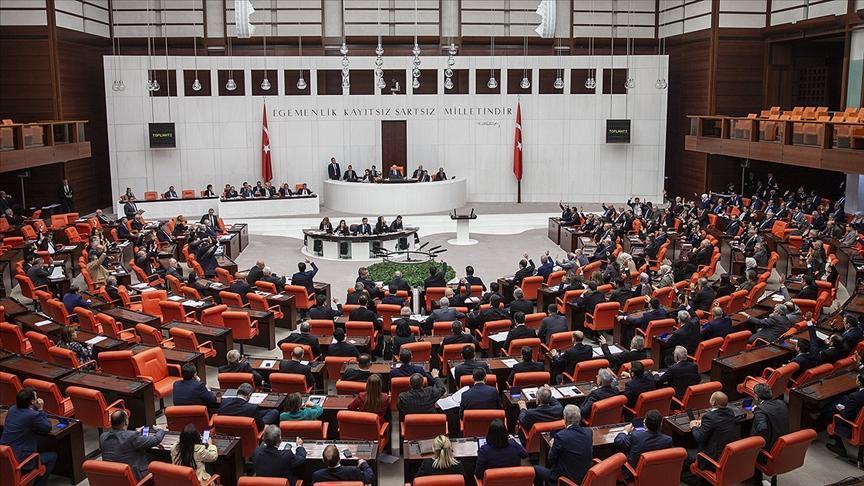Eurozone inflation falls but joblessness hits a new high
BRUSSELS - Reuters

January’s unemployment rate rose to 11.9 percent in the bloc, up from 11.8 in December while February inflation in 17 eurozone countries also fell, accordign to data released by Eurostat. AFP photo
Inflation fell in the euro zone in February and joblessness rose to an all-time high, highlighting the impact of the bloc’s debt crisis and putting pressure on the European Central Bank to consider cutting interest rates to a new low.Annual inflation in the 17 countries sharing the euro was 1.8 percent in February, the EU’s statistics office Eurostat said Mar. 1, below the ECB’s target of below but close to 2 percent, and by more than expected.
Thirty economists polled by Reuters had expected the inflation rate to fall to 1.9 percent in the month. The reading compared to a 2 percent rate in January.
While the slowing pace of price increases may make it easier for Europeans to buy food and clothing, it is little comfort to the record 19 million people unemployed in the euro zone.
January’s unemployment rate rose to 11.9 percent in the bloc, up from 11.8 in December, with another 201,000 people out of work, Eurostat said separately on Mar. 1.
Economic division
Three years of crisis have driven major euro zone economies, such as Italy and Spain, into a grinding recession, with businesses unable to obtain the financing they need to expand and citizens unable to earn enough to buy goods. The data also masks a large divide, with only 4.9 percent unemployment in Austria compared to 27 percent inGreece, although Eurostat’s data from Athens was from November, the latest available.
“The economic division between the southern periphery and the core will not change in 2013,” said Commerzbank economist Christoph Weil in a report. “While the economy in the core countries... should grow again in the first quarter, it will probably still contract in most periphery countries through to the second half of the year,” he said.
The sombre economic situation will likely weigh on the ECB’s Governing Council when it meets on March 7, and economists are divided over whether the bank will cut rates to below the current 0.75 percent.
According to a Reuters poll, only 17 of 75 economists see a cut this year, but the European Commission’s forecast last week that the euro zone will remain in recession this year could change that view.
Inflation pressures seem to have subsided overall, and the Commission, the 27-nation bloc’s executive, forecast a euro zone’s yearly inflation rate of 1.8 percent in 2013.
















